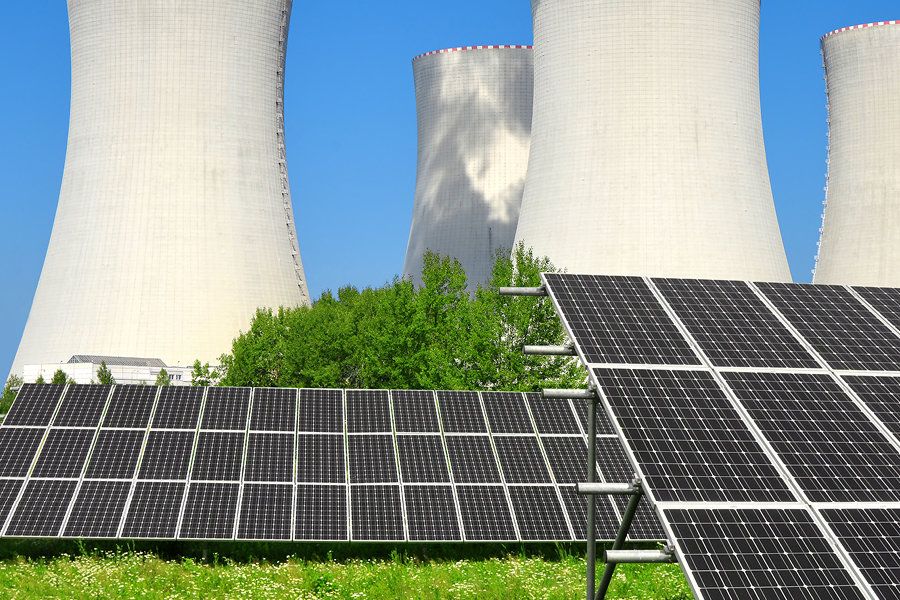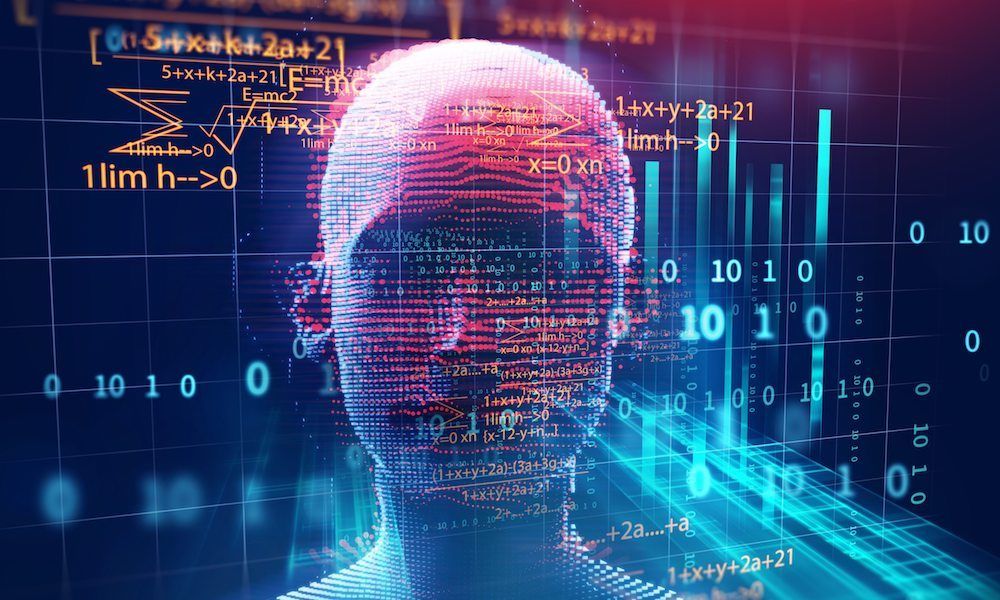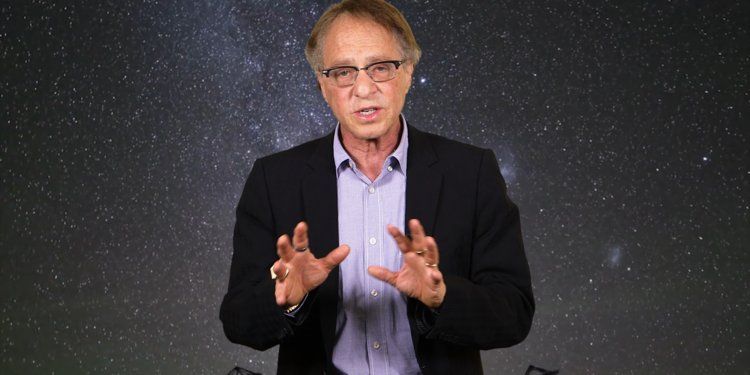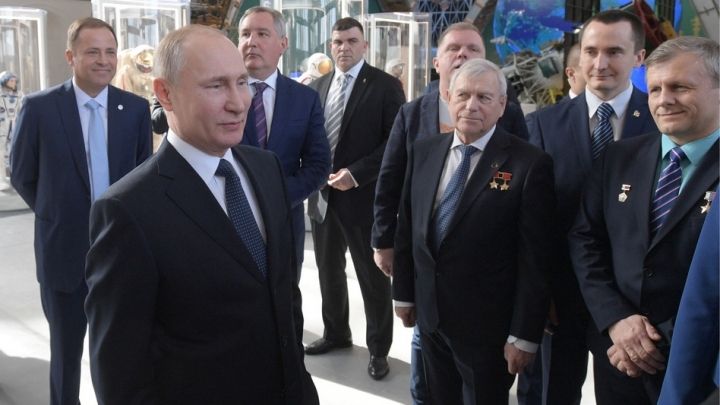Reports began surfacing in the media earlier this week that Finland was scrapping its much-discussed basic income experiment. The country began paying 2,000 unemployed Finns a basic income of €560 ($678) a month in January of 2017.
Articles this week ran headlines implying that Finland had decided to halt the experiment, implying that it had become unpopular.” The eagerness of the government is evaporating. They rejected extra funding [for it],” said Olli Kangas, the leader of the research team at Kela (Social Insurance Institution of Finland), told the BBC.
In actual fact, Finland is continuing its basic income plan until the end of 2018, as it had initially planned. Yes, it’s true that it won’t be extended past that date — but there hasn’t been any official word from the Finnish government that the experiment has been a failure. If anything, the government appears to be intent on studying the effects of the two-year program but believe they can only do so after it’s finished.









![Russia's President Vladimir Putin (L front) visits the renovated Cosmos pavilion of the VDNKh exhibition centre. [Photo: IC]](https://lifeboat.com/blog.images/russia-planning-manned-spaceflight-to-moon-putin2.jpg)